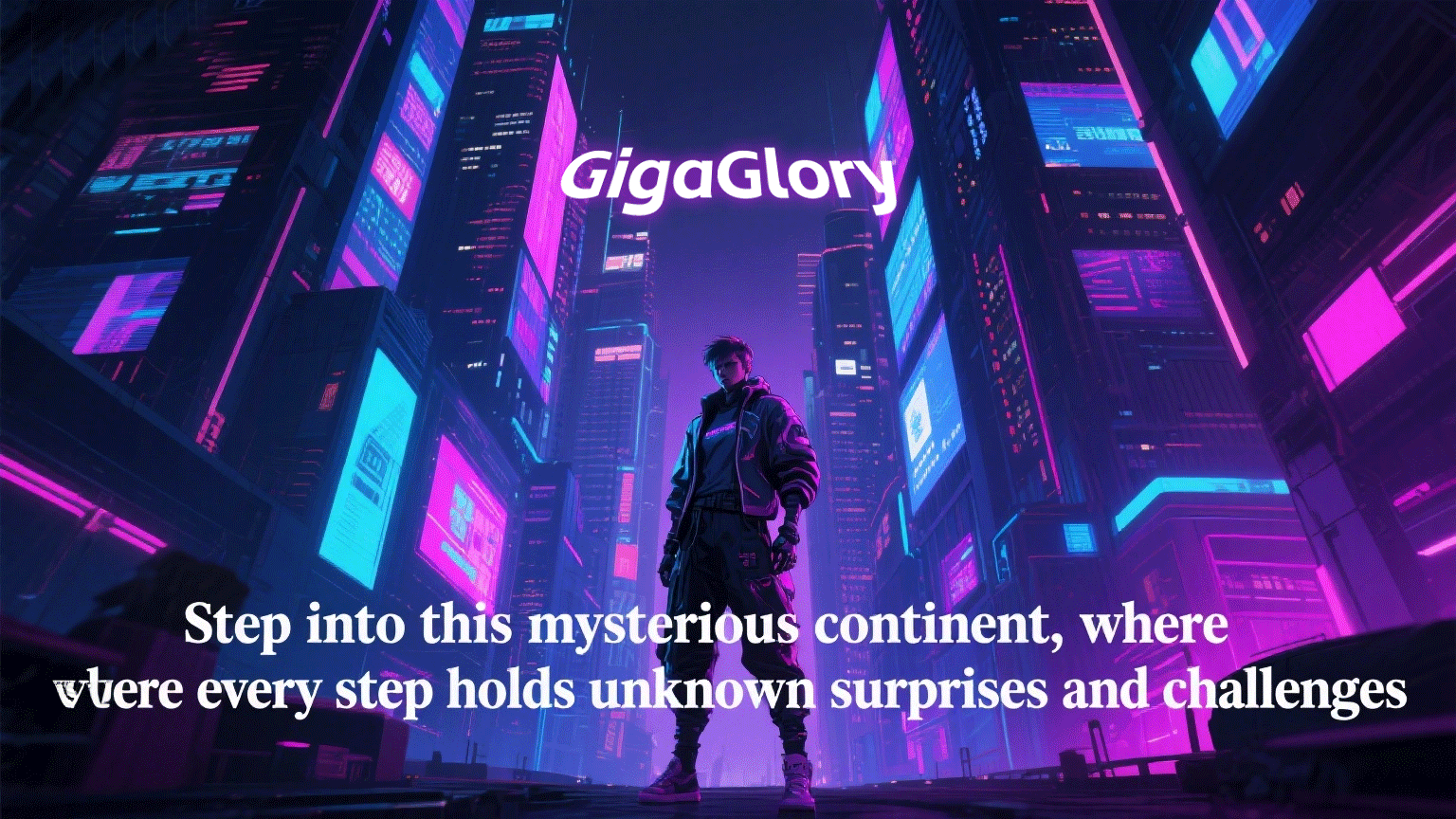Why Simulation Games Are Taking Over the Shooting Games Genre: A Deep Dive into Evolving Gameplay Dynamics
In the ever-changing landscape of video games, simulation games have made impressive strides, often overshadowing traditional shooting games. This shift is not just a trend, but a transformation indicative of broader gameplay dynamics. In this article, we'll examine why simulation games are becoming the go-to choice for gamers, particularly those who once leaned towards the shooting games genre.
Understanding Simulation Games
Simulation games create immersive experiences that allow players to replicate real-life situations or activities. These games can range from piloting a plane in flight simulators to managing a city in urban planning games. But what sets simulation games apart?
- Realism: Most simulation games emphasize accuracy in their mechanics.
- Creativity: Players often have the freedom to build and create their own environments.
- Choice & Consequence: Every decision has a significant impact.
The Appeal of Shooting Games
Shooting games have long been a staple in the gaming community, offering fast-paced action and a competitive spirit. Popular titles like Call of Duty and Counter-Strike have monopolized players' attention for years. They thrive on adrenaline, team strategies, and reflexes. However, their repetitive gameplay can sometimes cause fatigue.
Shifting Preferences: What’s Driving Gamers Towards Simulation?
As gaming evolves, so do player preferences. Here are some driving factors behind the shift from shooting games to simulation experiences:
- Desire for Deeper Engagement: Players crave experiences that engage them on multiple levels. Simulation games often offer more layers of strategy and intricacy than straightforward shooting mechanics.
- Stress Relief: Simulation games provide an escape into detailed, often serene environments—allowing gamers to unwind compared to the high stakes of shooting games.
- Social Interaction: Many simulation games foster communities and cooperative gameplay, which resonates well with today’s social gamers.
Comparative Analysis: Shooting vs. Simulation Games
To better understand the evolving landscape, here’s a quick comparison between shooting games and simulation games:
| Feature | Shooting Games | Simulation Games |
|---|---|---|
| Gameplay Focus | Action & Reflexes | Strategy & Planning |
| Player Experience | Competitive & Fast-paced | Creative & Relaxed |
| Community Interaction | Team-based Strategies | Cooperative Building |
| Longevity | Can Lead to Burnout | Engaging over Time |
Emerging Simulation Games vs. Traditional Favorites
With simulation games gaining ground, some emerging titles are enticing even the most devoted shooting game fans:
- The Farming Simulator Series: Players enjoy agricultural management while applying strategy.
- Planet Coaster: This lets players design and manage theme parks, balancing creativity and logistics.
- Microsoft Flight Simulator: Offers a realistic flying experience that's captivating for both novices and aviation enthusiasts.
Strategies for Game Developers
As simulation games continue to expand, developers need to recognize the trends and adapt accordingly. Here are some strategies that could be impactful:
- Focus on creating realistic environments and mechanics.
- Incorporate narrative elements that provide depth and meaning to gameplay.
- Encourage community building through multiplayer options.
Conclusion
In conclusion, simulation games are redefining gameplay expectations, bringing a refreshing contrast to the action-dominated landscape of shooting games. As players increasingly seek deeper engagement and meaningful experiences, it is essential for game developers to ensure that their offerings align with these emerging preferences. With a blend of creativity, realism, and community, simulation games are set to soar, proving that evolution is not only inevitable but also beneficial to the gaming industry as a whole.



